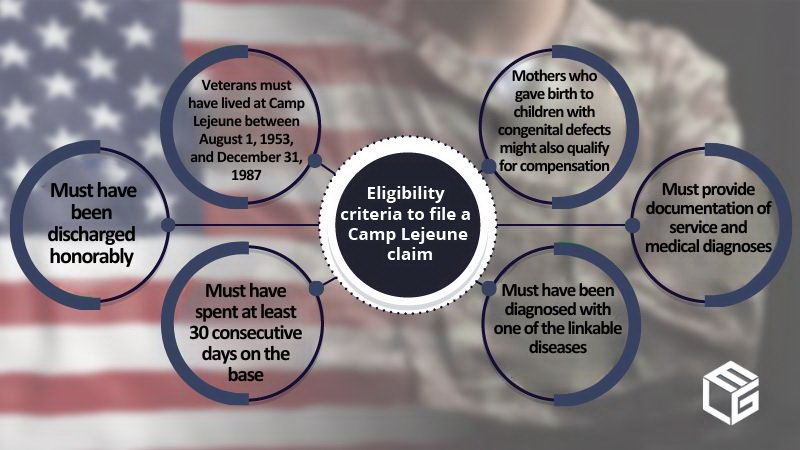Exposure to vinyl chloride and trichloroethylene increases liver cancer risk by 5 times in veterans
The activity of virtually every military facility in the country has required the use of hazardous, toxic substances by military personnel over the course of decades, and Camp Lejeune is no exception.
Contamination occurred as a result of the rupture of underground storage links, oil, and fuel dumping, leaching of wastes from landfills, or discharge of industrial wastes to the soil and water. There are several recognized associations between liver cancer and toxic exposure on military bases, especially industrial solvent exposure.
According to a study from the World Journal of Gastroenterology, vinyl chloride exposure causes liver angiosarcoma and hepatocellular carcinoma, two liver cancer forms. Exposure has a synergistic effect with other known risk factors for liver cancer, such as alcohol consumption and chronic viral infection. This means that if a person has both vinyl chloride exposure and one or more risk factors in their life, their liver cancer risk skyrockets.
A significant increase in mortality from liver cancer among vinyl chloride workers has been reported by multiple studies carried out in the past decades, particularly two large multicentric cohort studies from the U.S. and Europe. Occupational vinyl chloride exposure can be comparable to military vinyl chloride exposure, as the solvent concentration in the water at Camp Lejeune was very high, and service members would drink it regularly for months.
The risk of hepatocellular carcinoma became considerably higher with increasing duration of employment and vinyl chloride cumulative exposure among workers, according to the researchers. It is important to note that vinyl chloride is mutagenic, which means it causes a change in the DNA of a cell. The solvent is associated with the following, which precede the occurrence of liver cancer:
- chromosomal aberrations
- micronucleus formation
- sister chromatid exchange
- Ki-ras and p53 gene mutations
Vinyl chloride exposure causes a substantial burden of liver diseases, including liver cancer. In the last update of an Italian cohort, nearly 30% of deaths among workers in the highest exposure category were from liver cancer or liver cirrhosis. The original studies reviewed by the International Agency for Research on Cancer confirm the association between vinyl chloride exposure and hepatocellular carcinoma.
As for trichloroethylene, a study from the medical journal Environmental Health Perspectives found that exposure to it can induce liver cancer in mice. The following metabolites were found to contribute to the development and progression of the disease:
- chloral hydrate
- dichloroacetate
- trichloroacetate

